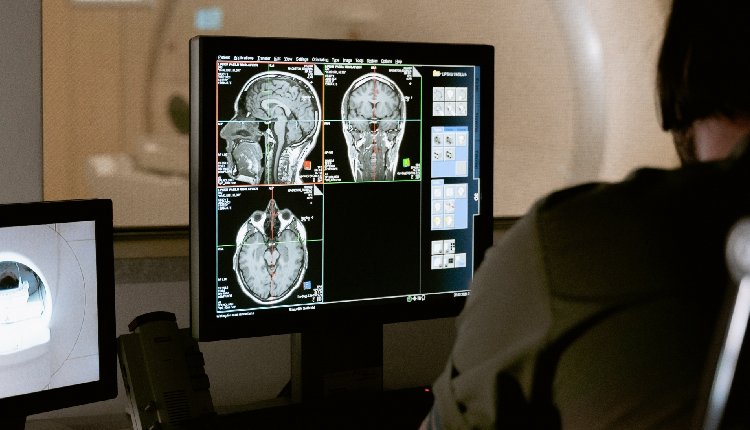New Delhi: As brain tumour cases are rapidly increasing worldwide, early diagnosis is key for better outcomes, said experts on World Brain Tumour Day on Saturday.
World Brain Tumour Day is observed every year on June 8 to raise awareness about the disease explained as an abnormal growth of cells in the brain.
The International Association of Cancer Registries (IARC) reported over 28,000 cases of brain tumours in India each year, and more than 24,000 people reportedly die due to brain tumours annually.
If brain tumours are not treated in time and precautions are not taken, the situation can turn challenging making it hard for people to learn, plan, make decisions, concentrate, and make decisions, and also become fatal, said the health experts.
Children are also significantly affected by brain tumours. There is no exact cause of brain tumours, but factors such as family history, blood cancer, and treatment like ionising radiation are some reasons for increasing brain tumours.
“It is common to use ionising radiation in cancer treatment and when a patient is exposed to this radiation, the risk of brain tumour surges. If the brain tumour disease is present in the family history, there is a possibility that one can get a brain tumour,” said Dr. Prashant Kumar Chaudhary, Director, Neurosurgery, Sri Balaji Action Medical Institute, Delhi.
“Additionally, it is also found that leukaemia patients also have a higher risk of it compared to normal people. Similarly, children who suffer from cancer in their childhood can also be affected by brain tumours later on,” he added.
Dr Praveen Gupta, Principal Director & Chief of Neurology, at Fortis Hospital, told IANS that stress is also a major reason.
“Amid the fast pace of our daily living, we may easily overlook how much stress deeply affects our neurological well-being. It is possible for stress to secretly sneak in like a thief and foster an atmosphere that can see brain tumours grow therein,” he added.
Practising mindfulness meditation or simply creating time to think without any distractions can help boost mental health, the doctor said.
Experts emphasised that timely and proper treatment from skilled and experienced doctors is also crucial for a good outcome in brain tumour.
While the mainstay of the treatment is surgery, the nature of the surgery depends on the tumour (cancerous or non-cancerous), the location of the tumour, and the size.
“The patient will need several imaging studies, like MRI, CT scans, angiograms, and some advanced kinds of MRI studies.
“Several sophisticated and advanced methods, including Awake Craniotomy (keeping the patient awake during operation), neuro-navigation, and intraoperative neuro-monitoring, are used to improve the outcome.
“In some patients, radiation treatment or chemotherapy may be required. Most of the brain tumours are not hereditary,” said Dr. Amitabh Chanda, Senior Consultant – Neurosurgery (Brain and Spine), RN Tagore Hospital.
(IANS)
















